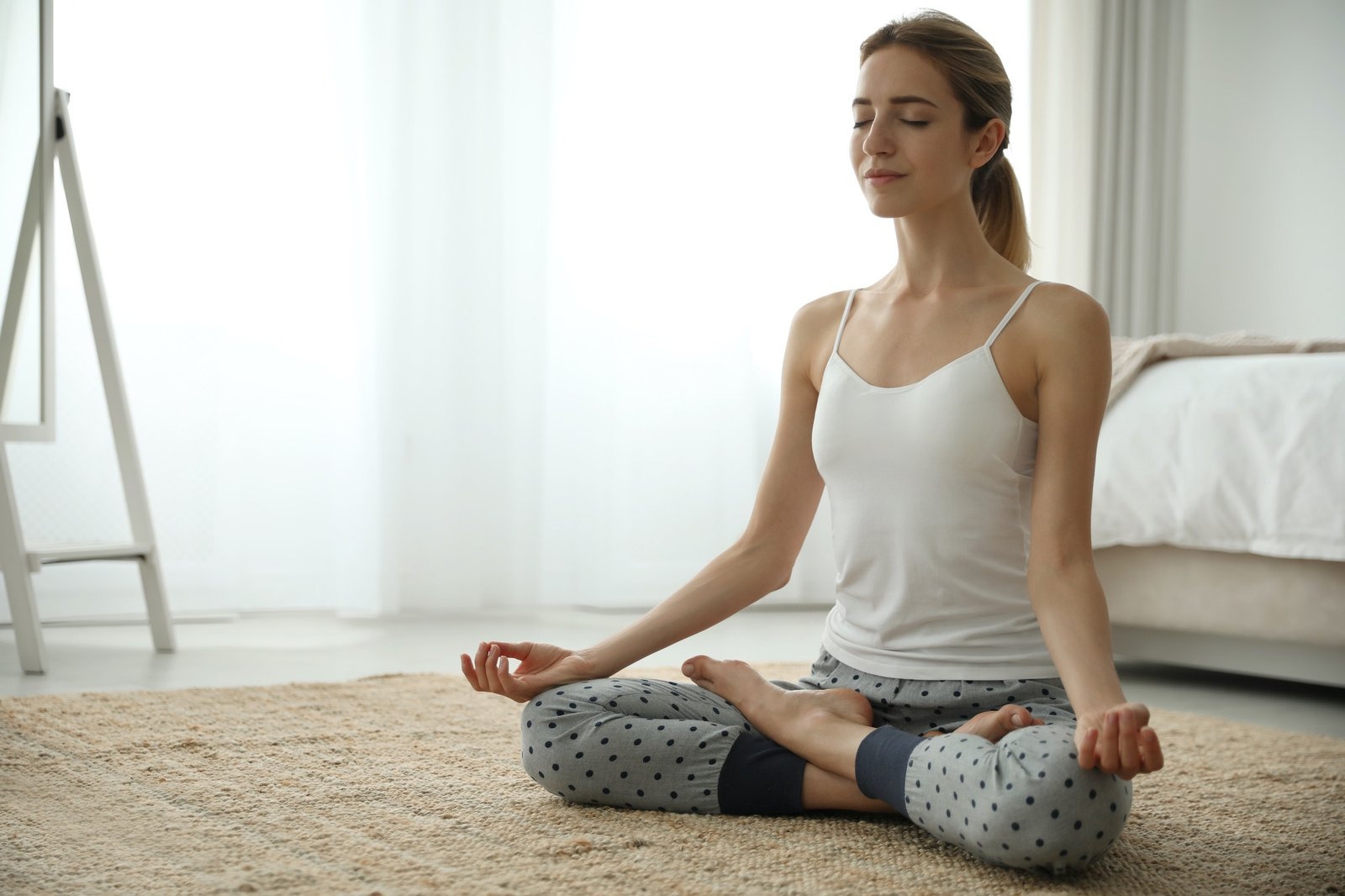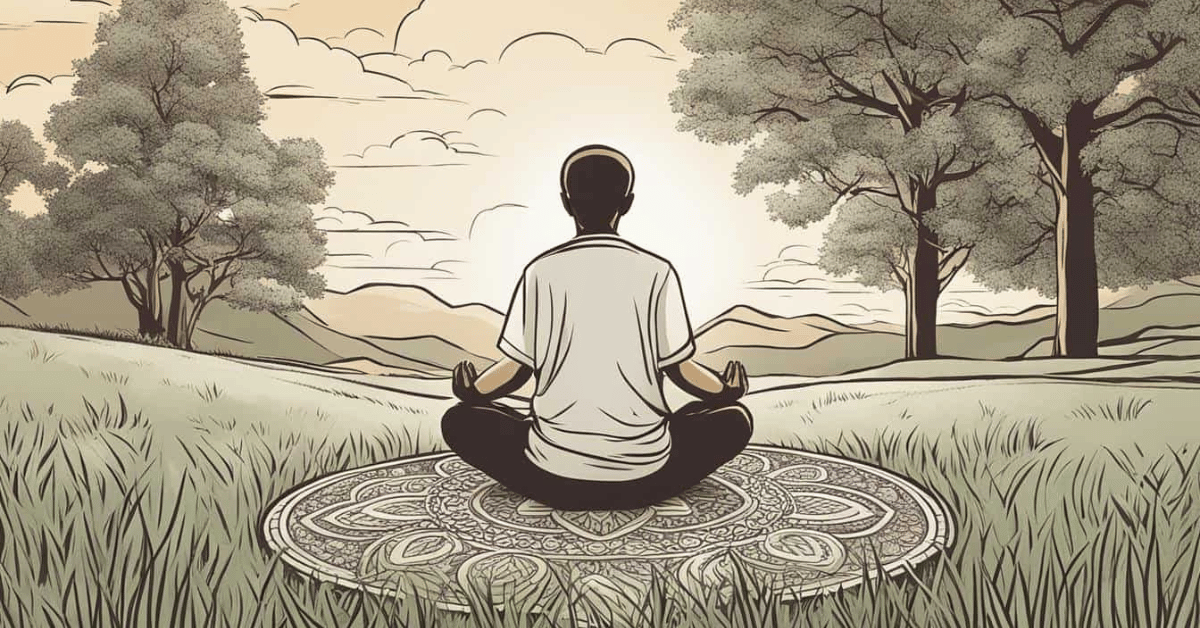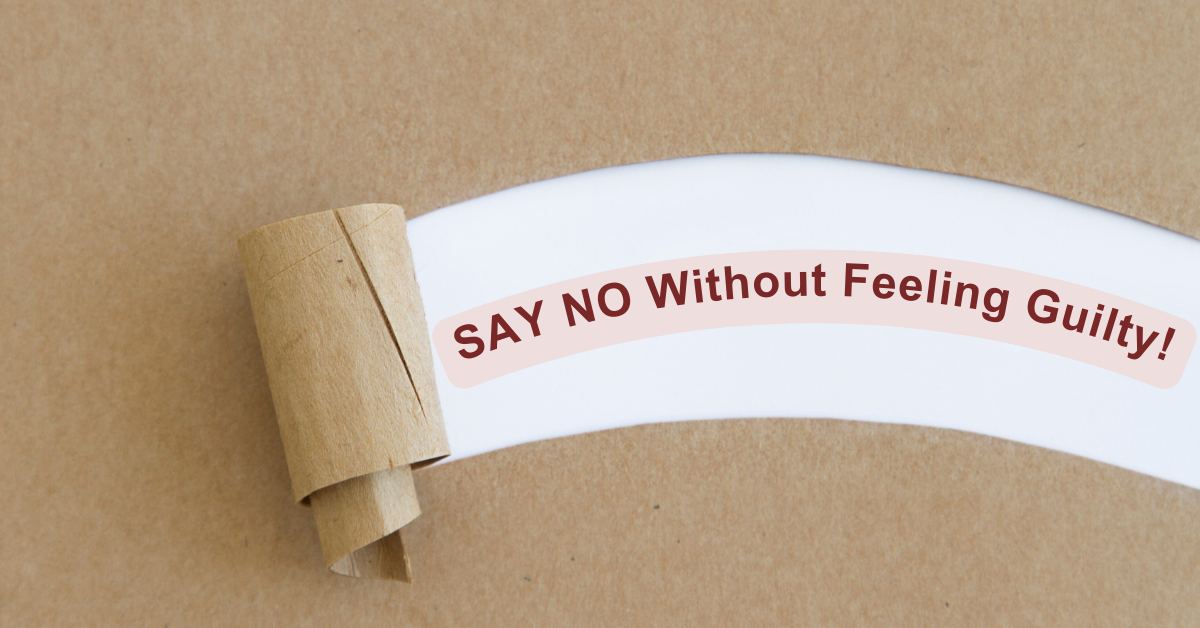
What Does Deja Vu Mean Spiritually?
What Does Deja Vu Mean Spiritually? Have you ever had a moment where everything around you feels strangely familiar, as if you’ve already lived it? This eerie sensation, known as déjà vu, is often brushed off as a trick of the mind. But from a spiritual perspective, it holds much deeper significance. Many believe that déjà vu is a sign from the universe, offering insights into our soul’s journey, past lives, or alignment with our true path. If you’ve ever wondered, “Is déjà vu spiritual?” or asked yourself, “What does déjà vu mean spiritually?”, then you are not alone. This phenomenon has intrigued both scientists and spiritual seekers for centuries. Let’s explore the deja vu spiritual meaning and uncover the subtle messages it may be sending you. Understanding the Spiritual Significance of Deja Vu What Is Déjà Vu? Déjà vu is a French phrase that means “already seen.” It describes the intense feeling that an event or experience happening in the present has occurred before. While we may not recall the exact details, the familiarity can be striking and leave us momentarily disoriented. From a scientific standpoint, déjà vu is believed to be linked to memory processing in the brain. Some theories suggest that the brain temporarily misfires, making us believe we are reliving a past event. However, from a spiritual perspective, déjà vu is often considered a profound message from the universe, guiding us toward deeper self-awareness and spiritual growth. The Spiritual Meaning of Déjà Vu Many spiritual traditions interpret déjà vu as a sign that we are in alignment with our soul’s purpose. Here are some of the most common spiritual meanings of déjà vu: 1. A Glimpse of Past Lives One of the most common spiritual interpretations of déjà vu is that it is a memory from a past life resurfacing. Some believe that when we experience déjà vu, our soul is recognizing a situation or place from a previous existence. This could explain why certain people or places feel instantly familiar, even though we have never encountered them before in this lifetime. 2. A Sign You Are on the Right Path Experiencing déjà vu can be a reassuring sign that you are exactly where you need to be. Many believe that these moments occur when we are in sync with our higher purpose, confirming that we are making the right choices in our spiritual journey. 3. A Message from the Spiritual Realm Some spiritual teachings suggest that déjà vu is a form of communication from spirit guides, guardian angels, or higher beings. These experiences may be gentle nudges, reminding us that we are being watched over and guided along our path. 4. A Sign of Spiritual Awakening Déjà vu often occurs more frequently in those who are going through a spiritual awakening. It is believed that as we become more in tune with our higher self, we become more receptive to intuitive experiences, such as déjà vu. 5. A Connection to Parallel Realities Some spiritual thinkers propose that déjà vu is evidence of parallel universes or alternate realities. According to this belief, multiple versions of ourselves exist simultaneously in different dimensions, and déjà vu occurs when these realities briefly overlap. Also Read: Waking Up at the Same Time Every Night: Spiritual Meanings What Causes Déjà Vu to Occur? While science offers neurological explanations, spiritual traditions attribute déjà vu to various metaphysical factors, such as: Soul Recognition: Meeting someone from a past life. Energetic Imprints: Picking up on residual energy from a place or event. Subconscious Awareness: Receiving guidance from higher consciousness. Many people report experiencing déjà vu when travelling, meeting new people, or making life-altering decisions, suggesting that these moments may carry significant spiritual messages. Is Déjà Vu Good or Bad? Déjà vu itself is neither good nor bad—it is simply an experience. However, how we interpret it can shape our understanding. For many, it is a comforting confirmation that they are following the right path. Others may find it unsettling, triggering feelings of confusion or unease. The key is to remain open-minded and reflective, using déjà vu as an opportunity for self-exploration. Does Déjà Vu Mean You Can See the Future? Some people believe that déjà vu is linked to premonitions or psychic abilities. While there is no definitive proof, many report feeling that déjà vu moments are glimpses into events that have yet to unfold. Whether it is a foreshadowing of the future or a recollection from the past, déjà vu encourages us to trust our intuition. Also read: Difference between Reiki and Pranic Healing What Can You Learn from Déjà Vu? Déjà vu can be a valuable tool for spiritual growth. By paying attention to these moments, you can: Deepen your self-awareness Strengthen your intuition Reflect on past life connections Gain clarity about your life path If déjà vu occurs frequently, consider keeping a journal to record your experiences. Over time, you may begin to notice patterns and insights that reveal deeper truths about your soul’s journey. How to Navigate Déjà Vu Experiences If déjà vu leaves you feeling overwhelmed, try these practices to centre yourself: Mindfulness and Meditation: Ground yourself in the present moment. Deep Breathing: Calm your mind and body. Journaling: Write down your experiences to gain clarity. Spiritual Guidance: Seek insight from a trusted mentor or counsellor. Also read: Signs of a Healthy Relationship Final Thoughts on Déjà Vu Déjà vu is more than just a fleeting feeling—it can be a profound reminder of the spiritual dimensions of our existence. Whether it is a message from the universe, a glimpse into a past life, or a sign of awakening, these moments invite us to explore our inner world with curiosity and openness. If you often experience déjà vu and want to understand its deeper meaning, visit Innerharmony and Discover how spiritual guidance and self-reflection can help you unlock the messages hidden within your experiences. Related Reads to Deepen Your Spiritual Understanding For more insights on spiritual growth, therapy, and













